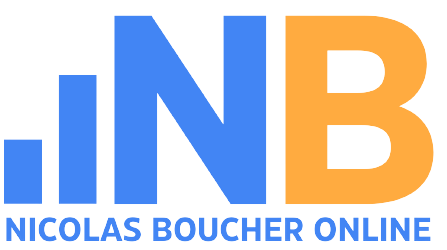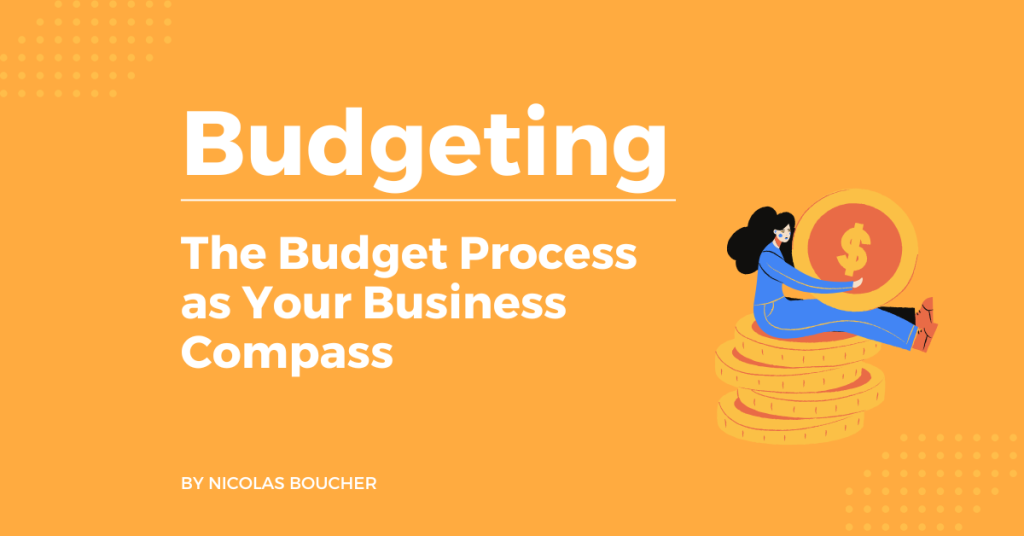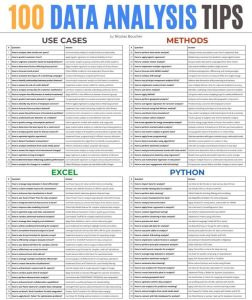Every company depends on finance, and interviews for finance roles may be very difficult. The finance interviewing process aims to evaluate a candidate’s understanding of basic financial principles and their practical application skills. Candidates who adequately prepare for the most common financial interview questions will be able to show that they comprehend financial ideas and illustrate how they’d apply those concepts in a particular circumstance.
Additionally, they will be able to articulate their thoughts clearly and express their views to others. As a result, it is important to prepare yourself for the most common finance interview questions.
Table of Contents
What Kind of Questions Can You Expect in a Finance Interview?
You should be prepared to answer inquiries on your technical abilities and expertise, whether you’re applying for an FP&A role, investment banking, or another area of finance. You may, however, be asked behavioral questions about your work pattern and experience in addition to these technical inquiries. Therefore, I have made a list of some often-asked financial interview questions and advice on how to respond to them to help you be ready for your financial interview.
Most Common Finance Interview Questions
Here are the most common finance interview questions you can expect when applying for a job.
#1: Why Did You Choose to Work in Finance?
Explanation:
- Here, it’s important to explain your journey and why finance is important for you and for an organization. Mention all the advantages of working in finance.
Answer:
- Since I was a kid, I have loved mathematics and solving problems. Later, I also discovered an appetite for business topics. Finance became the best place to use and develop these skills. Finance being at the cross-road of all departments and all business topics, I can use my skills in the right function.
#2: What Is The Difference between Debit and Credit?
Explanation:
- Here, it’s important to understand how to book journal entries using debit and credit but also to map the P&L and Balance Sheet using debits and credit position. Make sure you can give an example.
Answer:
- Debit is what you have, and credit is what you owe. For example, a stock is shown as a debit, but a loan is shown as credit.
#3: How Does The Future of Finance Look Like?
Explanation:
- Here you need to have a clear understanding of what is the current state of finance and the possibilities to move towards a more efficient, value-added, and digitalized function. Make sure you can answer each of the main processes: general accounting, payables, receivables, tax, treasury, reporting, budgeting, and analysis.
Answer:
- Digitalization is not a question anymore, but it should also not be the tree hiding the forest. What is important is to simplify processes and upskill people to provide more value.
For example, having a clear booking and understanding of accounts payables from the people in charge and being able to minimize the manual process while improving the reporting functionalities should be a goal for each organization.
#4: What Is The Role of A Finance Business Partner?
Explanation:
- Here, you need to show that you understand the value of doing business partnering and what is expected from a finance business partner. Focus on the soft skills part and the role within the organization.
Answer:
- The role of an FBP is to connect finance with other departments. Ensure you understand other departments’ needs and provide them with the information and help they need from finance. Make it easy for them to work with finance and put yourself in their shoes.
#5: What Do You Think Management Expects From Finance?
Explanation:
- For me, this is the most important question out of the most common finance interview questions. It can be a differentiator between you and other candidates. You need to know the general expectations but also already have an idea of the hot topics from the company you target.
Answer:
- Management expects finance to come up with insights and propositions for business decisions. Finance needs to be an actor in safeguarding the company’s financial interests and help plan the future of the company. A good finance function provides value by facilitating business decisions by giving insights, coordinating the actions plan with other departments, and measuring results.
The Bottom Line – Knowing The Most Common Finance Interview Questions is A Huge Advantage
The most common finance interview questions are intended to assist you in learning more about the financial sector and what to anticipate during your interview.
The financial sector is quite competitive, so be ready and conduct your study before your interview. I wish you the Best of luck in your next interview!
If you want to prepare yourself for your upcoming interview even better, you can get full access to my list of interview questions and answers here.
Additionally, you can take my course and subscribe to my newsletter to gain an additional advantage over other candidates in the world of finance.
Key Takeaways
- Finance interviews evaluate candidates’ understanding of financial concepts and practical application skills.
- Candidates should prepare for technical and behavioral questions relevant to the specific finance role.
- Familiarity with common finance interview questions provides a competitive edge.
- Responses should showcase skills, knowledge, and alignment with the organization’s goals.
- Being well-prepared enhances confidence and performance in finance interviews.
FAQ
1. What does the finance interviewing process assess?
- Finance interviews evaluate candidates’ grasp of financial principles, application skills, communication abilities, and alignment with the organization’s goals.
2. What types of questions might be asked in finance interviews?
- Candidates can expect technical questions testing their financial knowledge and skills, along with behavioral questions about work patterns and experiences.
3. How can I answer the question about choosing to work in finance?
- Explain your passion for mathematics, problem-solving, and business topics, emphasizing how finance allows you to utilize and develop these skills.
4. What is the difference between debit and credit?
- Debit represents what you have, while credit indicates what you owe. Use examples to illustrate the concept and its application in financial statements.
5. How should I address the future of finance question?
- Understand the trend toward digitalization and emphasize the importance of simplifying processes, upskilling, and adding value through improved insights and reporting.















